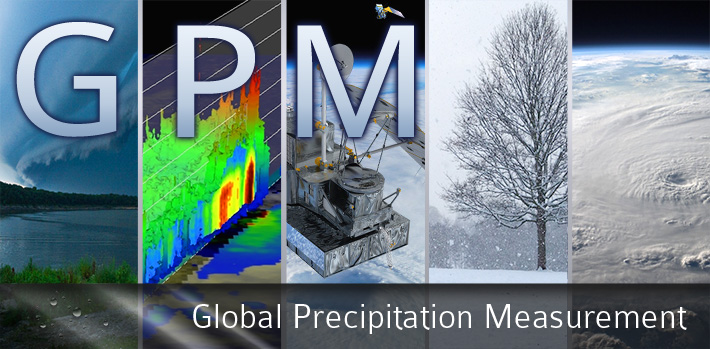NMQ: National Mosaic and Multi-Sensor QPE
Comparisons of rainrates from MHS and Q3
MHS surface rainrates
MHS surface rainrates are generated on a pixel by pixel basis from radiometer brightness temperature
data using the Goddard Profiling algorithm GPROF2014. The brightness
temperature is measeued from the MHS passive microwave instrument flown on the NOAA and METOPS satellites.
This comparison utilizes the 2015 MHS data.
Comparisons with Q3
The comparisons are conducted over the CONUS during each overpass.
Both MHS and Q3 instantaneous rainrates are averaged to 0.5o by 0.5o
(approximately 50km x 50km) boxes.
Rainrates less than 0.2 mm/h from both MHS and Q3 are not included as the MHS gets a lot of false light rain.
Only liquid rainrates with RQI>=0.9 within 50 MHS inner pixels are included the the comparisons.
Different rainrate thresholds are used in the following comparison plots as many researches show the satellite
rain bias is a function of rain intensities.
- Scatter plot for different rainrate categories
- Density plot for different rainrate categories
- Mean difference, relative error, RMSE, and correlation for different rainrate categories
- PDF by rain occurrence and volume for different rainrate categories
- Rain map
The rain map for MHS surfacePrecipitation (SP), mostLikelyPrecipitation (MP) or Q3
is based on its native spatial resolution (MHS: ~15km; Q3: 0.01o).
MHS rainrates less than 0.2 mm/h are not plotted.
|



